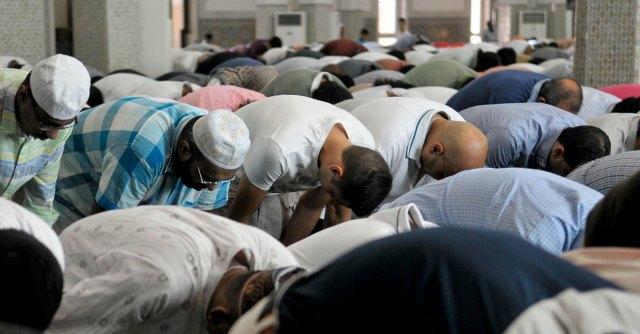Council of State of Italy, Second Section, No. 2851/2025, 28 January 2025

The Council of State, Second Section, No. 2851/2025, ruled on an appeal filed by a cultural association devoted to Islamic worship, which had challenged the decision of the Regional Administrative Court (TAR) of Veneto. In the first instance, the TAR had upheld the order of the Municipality of Venice to restore the commercial use of certain premises located in Venice, which had subsequently been used as a place of worship.
In the appeal proceedings, the Council of State first recognized the constitutional importance of the exercise of worship as an expression of the fundamental rights of the individual and their personality, emphasizing that, in a non-denominational state, this right is accompanied by the principles of secularism and religious pluralism. In particular, it stated that “The exercise of worship, whether individually or collectively, in private or in public, is the object of an inviolable right [...]”; and that this “implies not indifference of the State towards religions but the State’s guarantee for the safeguarding of religious freedom, in a regime of denominational and cultural pluralism” (citing the historic decision of the Constitutional Court, April 12, 1989, no. 203).
According to the Council of State, this principle entails specific duties for local and territorial authorities in the exercise of their administrative functions, particularly in land management: these entities are indeed required to make public spaces available for religious activities and, at the same time, to refrain from imposing unjustified obstacles to the exercise of worship (Council of State, Section II, no. 2851/2025, 9.2, FACTS and LAW).
However, the judges of Palazzo Spada deemed fully applicable to the present case the combined provisions of Articles 31-bis and 31-ter of Veneto Regional Law no. 11 of 2004, which governs the “Rules for the management of the territory and landscape” and provides that the Region and the Municipalities of Veneto, each within their own competencies, establish criteria and procedures for the creation of facilities of common interest intended for religious services.
Starting from the original commercial use of the property, as established by urban planning instruments, the Council of State therefore confirmed the existence of a building violation, since the property had been used as a place of worship without the necessary authorization for the change of use. This recalls the competence of government authorities in territorial planning, namely to “ensure the harmonious development of inhabited centers and the implementation of public interest services [...] such as to justify regulation by public authorities".
This is also in consideration of the fact that, as required by Article 31-ter of the aforementioned law, in a place intended for religious worship, the following must be guaranteed: “the presence of adequately sized connecting roads”; “the presence of adequate distances between the areas or buildings intended for different religious denominations”; and “the provision of adequate sanitary facilities [...]”.
Therefore, the exercise of religious worship must always take place in compliance with safety regulations, which necessarily require the issuance of a specific building permit to verify the conformity of the property with legal requirements, or, in the words of the judge in the case, the “stipulation of an agreement with the municipality, which in this case is lacking”.
(Comment by Bruno Pitingolo)

